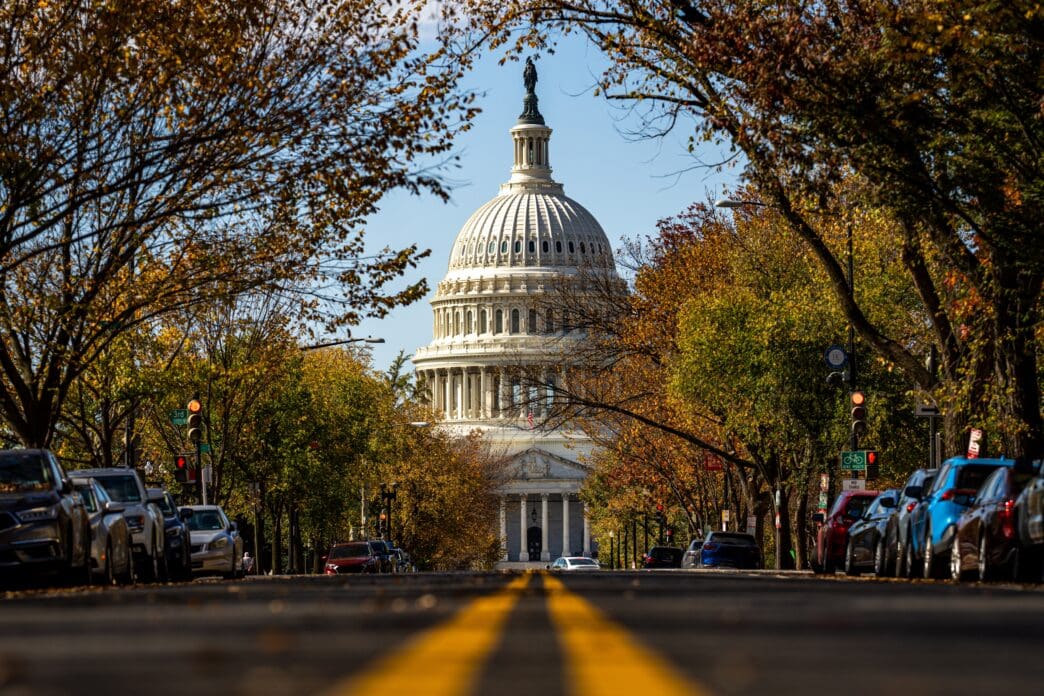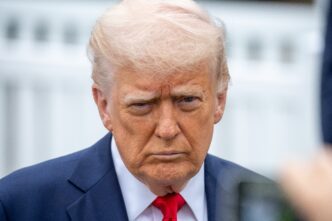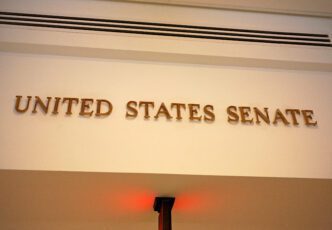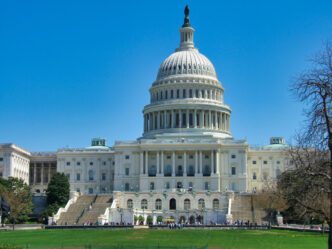Executive Summary
The Story So Far
Why This Matters
Who Thinks What?
The Senate on Tuesday passed a resolution aimed at terminating President Donald Trump’s tariffs on Brazil, with five Republicans joining Democrats in a 52-48 vote. This bipartisan action marks a rare legislative rebuke of the president’s trade policy and his administration’s use of emergency powers, which critics argue were inappropriately invoked.
Bipartisan Opposition Emerges
The resolution saw Republican Senators Rand Paul, Thom Tillis, Susan Collins, Lisa Murkowski, and Mitch McConnell side with Democrats. Senator McConnell, a long-standing critic of President Trump’s trade policies, stated before the vote that “Tariffs make both building and buying in America more expensive. The economic harms of trade wars are not the exception to history, but the rule.”
Emergency Powers Under Scrutiny
Senator Tim Kaine, the lead sponsor of the resolution, argued that the president’s use of the International Emergency Economic Powers Act was inappropriate. Kaine highlighted that the purported “emergency” cited for the tariffs was Brazil’s indictment of former President Jair Bolsonaro, rather than a direct threat to the United States. He emphasized his general opposition to tariffs unless specifically justified and his concern about presidents inventing reasons to use emergency powers without congressional oversight.
President Trump’s executive order initiating the tariffs stated that “the Government of Brazil’s politically motivated persecution, intimidation, harassment, censorship, and prosecution of former Brazilian President Jair Bolsonaro and thousands of his supporters are serious human rights abuses that have undermined the rule of law in Brazil.”
Uncertain Legislative Future
Despite passing the Senate, the resolution is not expected to advance further, as the House of Representatives previously added a measure to a procedural rule blocking members from forcing a vote on the president’s tariffs. Senator Kaine acknowledged that the House would likely not take up the resolution and that the Senate vote lacked a veto-proof majority.
Sending a Message
Kaine indicated that the purpose of such resolutions is to send a clear message to President Trump. He suggested that the president has shown responsiveness to Republican lawmakers voting against his policies, even in small numbers, which can influence his decisions. Senators are also expected to force votes later in the week on tariffs related to Canada and other global tariffs from what Trump has termed “liberation day.”
The Senate had previously voted to adopt a resolution to end tariffs on Canada earlier this year, but the House did not act on that measure either.
Key Takeaways
The Senate’s bipartisan vote against President Trump’s Brazil tariffs underscores ongoing congressional friction over trade policy and the use of presidential emergency powers. While the resolution faces an uphill battle in the House, proponents aim to influence the administration’s future trade decisions through these legislative actions.








